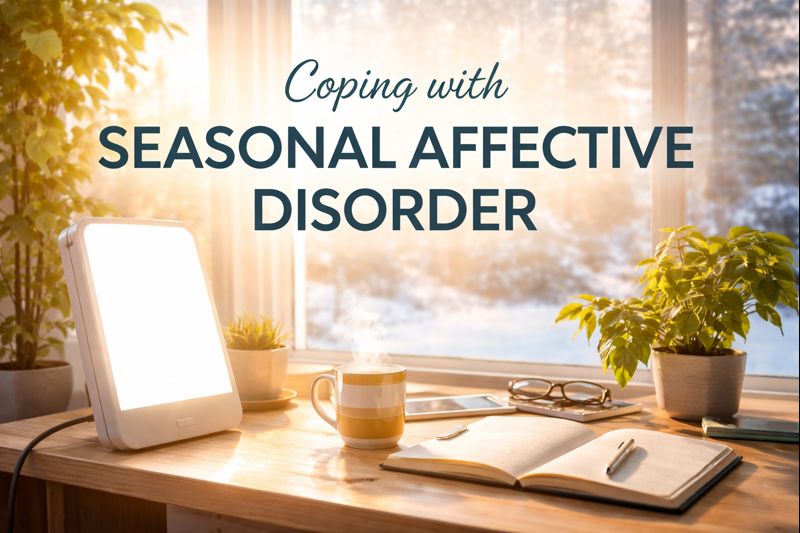Reasons to consider cutting back (or cutting out) alcohol consumption for good, and resources to support your efforts.
Alcohol use is a primary health concern in the United States. According to the National Institute on Alcohol Abuse and Alcoholism (NIAAA), approximately 14.5 million adults (aged 18 and older) had Alcohol Use Disorder (AUD) in 2019. This is over 5% of the total population of adults in the United States. COVID-29 lockdowns played a role in increasing alcohol use in the years since this data was released, and now estimates of those struggling with AUD may be in the double digits.
While some believe that alcohol can be enjoyed in moderation, medical professionals unanimously agree that excessive alcohol consumption can lead to a wide range of health problems, including liver disease, cancer, and mental health disorders. Recently, more and more studies are being published suggesting that even a moderate amount of alcohol, defined as one standard drink per day for women and two per day for men, poses an increase in these health risks.
Moreover, long held beliefs regarding the “heart-healthy” protective benefits of the resveritol in red wine are being disproven. Most experts now agree that there is no amount of alcohol that is safe for human consumption.
This may feel like a huge wake-up call for many of us, as our culture in the western world has become saturated with alcohol. We use it to celebrate, we use it to dull discomfort and numb pain, to give us confidence in social situations, to alleviate the stress of a long day. A hard truth is that while alcohol can provide short term relief, new research on neurochemistry shows clearly that in the long run, alcohol is only hurting us, and that the benefits we receive from alcohol are just an illusion. Fortunately, there are many resources available to educate ourselves on the subject, some of which we’ve listed below.
Alternative medicine solutions have long been available and provide effective to help in the recovery process of those struggling with Alcohol Use Disorder, but many of these services can be effective tools for all of us trying to cut back, take a break, or build our toolkits for stress relief beyond the nightly glass of wine.
One alternative medicine solution that has gained popularity in recent years is acupuncture. Acupuncture is an ancient Chinese healing practice that involves inserting thin needles into specific points on the body. According to the National Acupuncture Detoxification Association (NADA), acupuncture can be an effective treatment for addiction, as well as more generally for stress and anxiety reduction. The NADA protocol involves placing needles in specific points on the ear that are believed to help with addiction recovery. This protocol has been used in a variety of settings, including addiction treatment centers, prisons, and community health clinics with significant positive results. Other acupuncture protocols for stress and anxiety can help all of us sustain a more calm baseline that will decrease our need for alcohol to “wind down.”
Further, a study published in the Journal of Substance Abuse Treatment found that acupuncture can be an effective treatment for alcohol addiction. The study followed 140 individuals with alcohol addiction who were undergoing treatment at an addiction treatment center. Half of the participants received traditional addiction treatment, while the other half received traditional addiction treatment plus acupuncture. The group that received acupuncture had significantly improved outcomes, including a higher rate of abstinence and lower rates of anxiety and depression.
Another alternative medicine solution for alcohol addiction is herbal medicine. There are a variety of herbs that have been used for centuries to help with addiction recovery. One such herb is kudzu. Kudzu is a vine that is native to Asia and has been used in traditional Chinese medicine for centuries. The active ingredient in kudzu, called puerarin, has been shown to reduce alcohol consumption in both humans and animals. A study published in Alcoholism: Clinical and Experimental Research found that participants who took kudzu extract had significantly reduced alcohol consumption compared to those who took a placebo.
Milk thistle is another herb that has been used to support liver health and can be beneficial for individuals recovering from alcohol addiction. The active ingredient in milk thistle, silymarin, has been shown to protect the liver from damage caused by alcohol consumption. A study published in the European Journal of Clinical Pharmacology found that milk thistle supplementation improved liver function in individuals with alcohol-related liver disease.
In addition to acupuncture and herbal medicine, meditation and mindfulness practices can also be beneficial for individuals recovering from alcohol addiction. These practices involve focusing on the present moment and can help reduce stress and anxiety, which are common triggers for alcohol use. A study published in the Journal of Addiction Medicine found that mindfulness-based interventions can be an effective treatment for alcohol addiction. The study followed 168 individuals with alcohol addiction who were undergoing treatment at an addiction treatment center. Half of the participants received traditional addiction treatment, while the other half received traditional addiction treatment plus mindfulness-based interventions. The group that received mindfulness-based interventions had significantly improved outcomes, including a higher rate of abstinence and lower rates of anxiety and depression.
In conclusion, alcohol use is a primary health concern in the United States, with millions of adults suffering from Alcohol Use Disorder. While traditional addiction treatment methods can be effective, alternative medicine solutions such as acupuncture, herbal medicine, and mindfulness-based interventions can also be beneficial for individuals recovering from alcohol addiction, or just looking for extra support as they try to drink less or remove alcohol from their lives all together. These alternative medicine solutions can help address the underlying issues that contribute to addiction, such as anxiety, depression, and stress.
It’s important to note that for those with AUD, these alternative medicine solutions should be used in conjunction with traditional addiction treatment methods, such as therapy and support groups. If you or someone you know is struggling with alcohol addiction, it’s important to seek professional help and guidance to determine the best course of treatment. With the right support and tools, recovery from alcohol addiction is possible.
Additional Resources we Recommend:
Sober Curious by Ruby Warrington
In The Realm of Hungry Ghosts by Gabor Mate, MD
This Naked Mind by Annie Grace





0 Comments